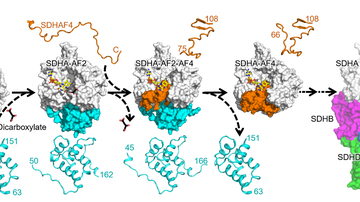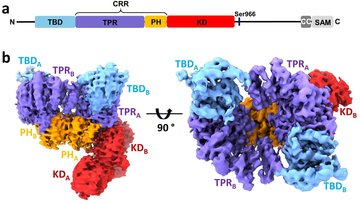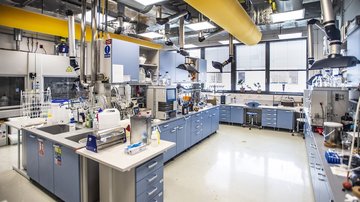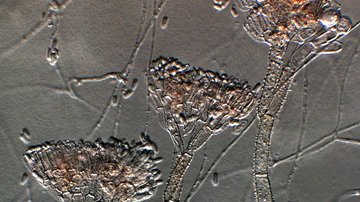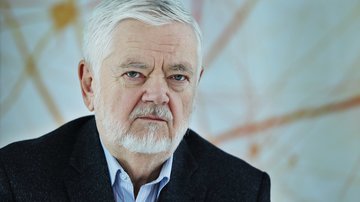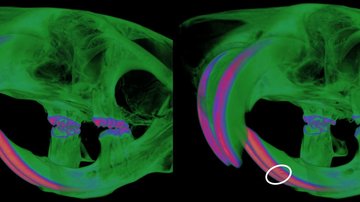
A new treatment strategy for kidney cancer
A research team led by Professor Jiří Neužil from the Institute of Biotechnology of the CAS in the BIOCEV centre described the effect of the Czech anticancer agent MitoTam in combination with immunotherapy on kidney tumours. The work is a follow-up to the recently completed first phase of the clinical trial of the substance. The greatest benefit was shown in patients with kidney cancer. In one of the cases, the kidney cancer was reduced by up to 30-fold. The findings will inform the design of the second phase of clinical trials, which could begin as early as next year.
"I am very happy that we have managed to take another step towards the development of a Czech cancer drug. In our paper, published today in the international journal Clinical and Translational Medicine, we described the effect of MitoTam in combination with immunotherapy on kidney cancer in a mouse model," explains Professor Neužil, adding: "For this purpose, we used mice with a functional immune system, which better matches the situation in patients. We have found that MitoTam itself kills tumour cells by several mechanisms, which is advantageous in treating tumours that are characterised by frequent mutations. The main finding of the research was that combined treatment with MitoTam and immunotherapy (so-called 'immune checkpoint inhibitors') has a greater effect on tumours than using both approaches separately."
The first phase of the MitoTam trials lasted two years and involved the General University Hospital in Prague. Patients with solid and metastatic tumours were enrolled in the clinical trial. It was patients with metastatic kidney cancer who responded best to the treatment.
"In the second phase, it is common to combine an experimental agent with an established therapy, which could be combinatorial treatment with MitoTam and immunotherapy. This publication is significant not only in terms of a better understanding of tumour biology, but especially for its translational potential," adds Professor Jiří Neužil.
Link to the publication: https://pubmed.ncbi.nlm.nih.gov/35352502/


